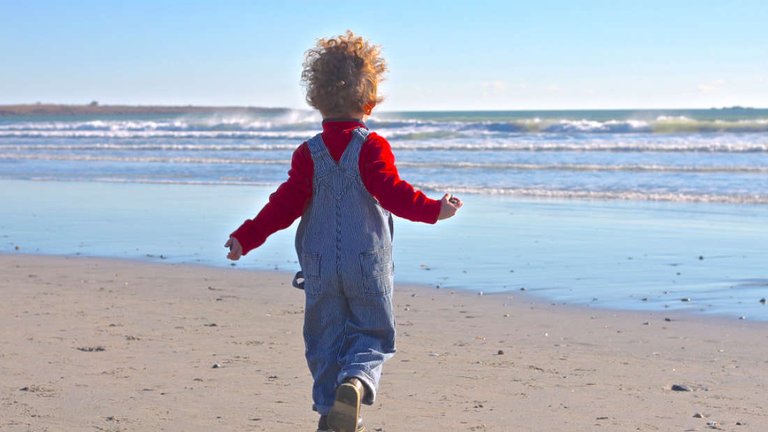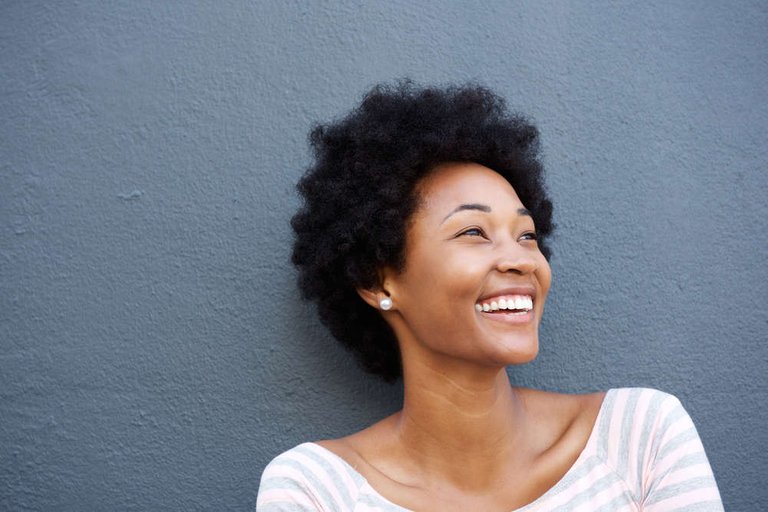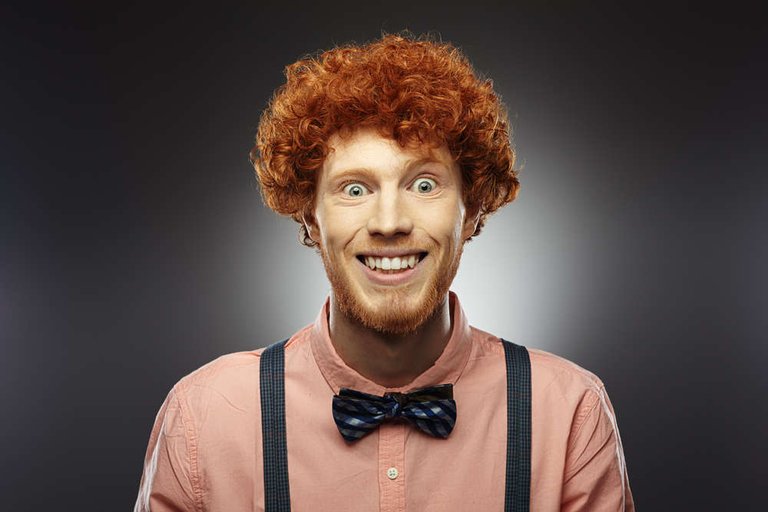
Have you ever wondered why the hair you sported aged 2 was so different from the hair you had at 20? For many of us, our hair naturally turns a darker shade during childhood and adolescence, and it is not at all unusual for a towhead (a flaxen-haired individual) to end up with a mop of dirty blond or light brown hair by the time they reach adulthood.
So, why is this? After all, if your hair is the product of your genetics, you might expect it to stay the same throughout your life. Or until it turns gray, at the very least.
Well, it comes down to melanin and exactly how much of it or how little of it we have. Melanin is an umbrella term for the group of pigments that control the natural coloring of our skin, hair, and eyes.
There are two specific types of melanin that together determine our natural hair color – eumelanin and pheomelanin. Eumelanin is responsible for how dark your hair is, meaning that people with lots of it tend to have dark brown or black hair. Pheomelanin, on the other hand, affects the warmth of your hair. Redheads, therefore, will have more pheomelanin than their ashy-haired friends.

If you have darker hair, you have higher levels of the pigment eumelanin. mimagephotography/Shutterstock
The total amount of melanin and the ratio between eumelanin and pheomelanin is unique to you and entirely determined by your genes. It is what gives you your natural hair color.
But this is where it gets interesting. There are several genes that are involved in melanin production and that can, therefore, affect our hair color. These genes switch on and off at different points in our lives – hence the reason our hair changes color as we get older.

Usually, our hair will turn darker because eumelanin production increases as we age (until we go gray, that is). And because some genes are not switched on until triggered by the hormones first released during puberty, we might not show our “true” natural hair color until adolescence.
Hi! I am a robot. I just upvoted you! I found similar content that readers might be interested in:
http://www.iflscience.com/plants-and-animals/why-your-hair-color-changes-as-you-age/